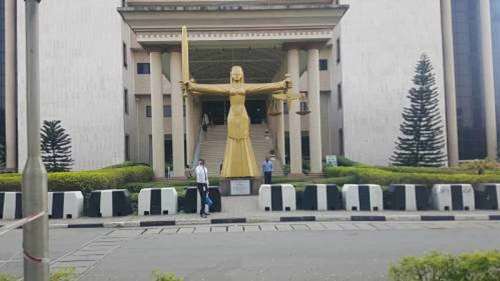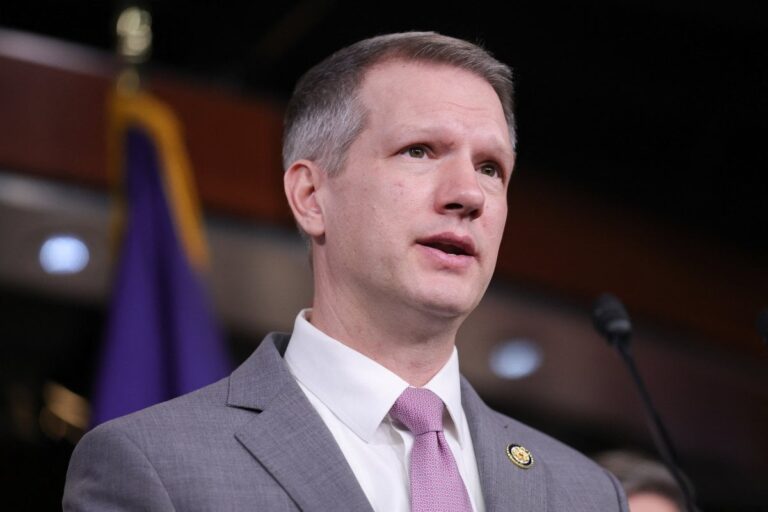
The digitization of governance in Delta State is a crucial step towards achieving efficiency, transparency, and better service delivery. As a state, we can learn from the successes of other governments that have implemented digital solutions to improve governance. By leveraging technology, we can streamline processes, reduce bureaucracy, and increase productivity, ultimately improving the quality of life for our citizens.
In the civil service, networking and computerizing all offices would enable seamless communication and data sharing among government agencies. Every civil servant should have an official email address, facilitating communication and collaboration. This would also enable citizens to access information and services more conveniently. For instance, the Ministry of Oil and Gas could use digital platforms to communicate with investors, entrepreneurs, and other stakeholders, promoting business opportunities and economic growth.
In the health sector, digitization can revolutionize the way healthcare is delivered. Patients’ details should be inputted into a computer system at every point of care, from card collection to consultations with nurses and doctors. Patients should be issued smart cards that can be used to log in and access their medical history, treatment plans, and test results. Healthcare providers should be able to access patients’ records in real-time, enabling them to make informed decisions and provide better care. This would not only improve the quality of services but also enable patients to access their health status in any government hospital across the state.
The Ministry of Transport can also benefit from digitization by implementing an online platform for vehicle registration, driver’s license application, and other services. This would reduce queues and waiting times, making it more convenient for citizens to access these services. Additionally, the ministry can use digital solutions to track vehicle ownership, monitor traffic flow, and enhance road safety.
The Board of Internal Revenue can also leverage digitization to improve tax collection and administration. An online platform can be created for taxpayers to file their returns, make payments, and access their tax records. This would reduce the need for physical visits to tax offices, making it more convenient for taxpayers to comply with their tax obligations. The board can also use data analytics to identify tax evasion and avoidance, improving revenue collection and reducing the burden on compliant taxpayers.
Furthermore, the Ministry of Agriculture and Environment can use digital platforms to receive feedback, respond to queries, and collaborate with stakeholders more efficiently. Official emails and websites can facilitate communication with farmers, agricultural businesses, and other stakeholders, promoting agricultural development and environmental sustainability.
To ensure the successful implementation of digitization, training and capacity building are essential for all stakeholders, including civil servants, politicians, and other users of the digital system. The state should invest in capacity-building programs to equip all users with the necessary skills to effectively utilize the digital system and maximize its benefits.
In conclusion, the digitization of governance in Delta State has the potential to transform the way we deliver services and interact with citizens. By implementing digital solutions across all sectors, we can improve efficiency, enhance service delivery, and promote transparency. With a robust digital infrastructure in place, Delta State can promote economic growth, social development, and good governance, ultimately improving the lives of its citizens.




